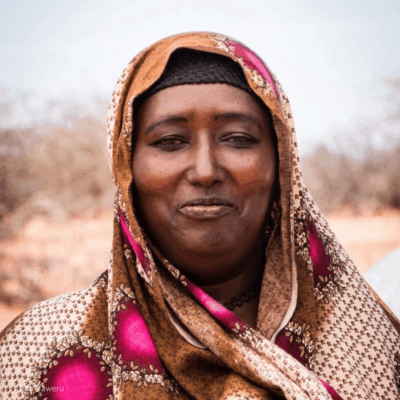Listeners:
Top listeners:
-
 play_arrow
play_arrow
118 | Kenyan Herders Say Judgement Against Them Based on Forged Signatures / Continuation of Episode 117
-
 play_arrow
play_arrow
117 | Surviving Survival Internatinal, Part 1: Kenyan Elders Call Foul on International Media, NGOs
-
 play_arrow
play_arrow
116 | From Ticking Time Bomb to Demographic Dividend: James Mwangi and Kenya's Great Carbon Valley
-
 play_arrow
play_arrow
115 | Unpacking Donald Trump's Very Weird Environmental Orders
-
 play_arrow
play_arrow
114 | Michael Greene: Carbon Cowboy or Lone Ranger? Part 1
-
 play_arrow
play_arrow
113 | The Future of Environmental Finance: Strategies for Biodiversity and Climate Solutions, with David Hill and George Kelly
-
 play_arrow
play_arrow
112 | Fantasy Football and Dynamic Baselines: New Tools for Impact Assessment
-
 play_arrow
play_arrow
111 | The False Dichotomy Between Reductions and Removals (Rerun)
-
 play_arrow
play_arrow
110| Ecological Economics, Systems Thinking, and the Limits to Growth
-
 play_arrow
play_arrow
109 | How Brazil's Quilombola Communities are Planting the Seeds of Sustainability for Small Farms Around the World, with Vasco van Roosmalen of ReSeed
Transcript
On Thursday, 65 countries representing 83% of international aviation agreed to cap their greenhouse-gas emissions from international flights at 2020 levels from 2021 onward – in part by forcing airlines to offset emissions above that threshold, and MAYBE by funding programs that save forests and support sustainable agriculture around the world. A final decision on offset types, however, isn’t expected until 2018
Backgrond: The Paris Climate Agreement created a framework for keeping the global rise in temperatures below 2 degrees Celsius (3.6 degrees Fahrenheit) over pre-Industrial levels, but it left emissions from international flights in limbo – partly because their “international” nature made it hard to reach agreement on which countries to charge the emissions to.
That changed on Thursday, when the International Civil Aviation Organization (ICAO), the UN agency charged with coordinating aviation regulation, including environmental impact, agreed to freeze net aviation emissions at 2020 levels beginning in 2021, and to force airlines to offset emissions above that threshold.
The program, called “CORSIA” (Carbon Offsetting and Reduction Scheme for International Aviation), will be phased in, with a voluntary pilot phase running from 2021 through 2023, then a second voluntary phase from 2024 through 2026, and a final phase, running from 2027 through 2035 that is mandatory for all countries except the very poor.
ICAO President Olumuyiwa Benard Aliu said that 65 countries had already signed on for the voluntary phase, and these countries together represent nearly 83 percent of total aviation miles, measured in “revenue tonne kilometers” (RTKs), which translate into one metric ton of load (human passengers or cargo) per kilometer traveled.
Includes Interviews with Dutch environmental attorney Jos Cozijnsen and Arjun Patney, policy director of the American Carbon Registry.
Episodes
117 | Surviving Survival Internatinal, Part 1: Kenyan Elders Call Foul on International Media, NGOs
April 13, 2025
116 | From Ticking Time Bomb to Demographic Dividend: James Mwangi and Kenya’s Great Carbon Valley
February 25, 2025
115 | Unpacking Donald Trump’s Very Weird Environmental Orders
January 27, 2025
114 | Michael Greene: Carbon Cowboy or Lone Ranger? Part 1
December 6, 2024





